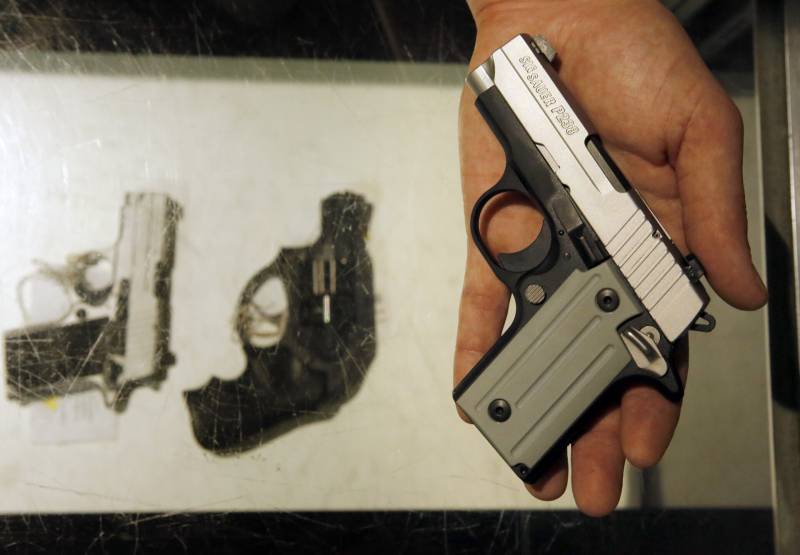The U.S. Supreme Court on Thursday issued one of its most significant gun law rulings in more than a decade, tossing out New York state’s tight restrictions on who can carry a concealed gun in public.
Gun rights activists are celebrating the 6-3 decision, while advocates for stricter gun laws decry it. Both agree that California’s similar law may be challenged next.
The ruling likely marks the most dramatic expansion of gun rights in the United States since 2008, when the Supreme Court clarified for the first time that the Second Amendment’s right “to keep and bear” firearms applies to individual citizens, not just state militia members. But that ruling only affirmed the right for “self-defense within the home,” leaving states with wide discretion over whether and how to restrict guns elsewhere.
Thursday’s ruling brings that constitutional right outside the home.
“Confining the right to ‘bear’ arms to the home would make little sense,” Justice Clarence Thomas wrote for the court’s majority.
Gov. Gavin Newsom called the ruling “shameful” and a “dark day for America.”
“This is a dangerous decision from a court hell bent on pushing a radical ideological agenda and infringing on the rights of states to protect our citizens from being gunned down in our streets, schools, and churches,” the governor said on Twitter.

